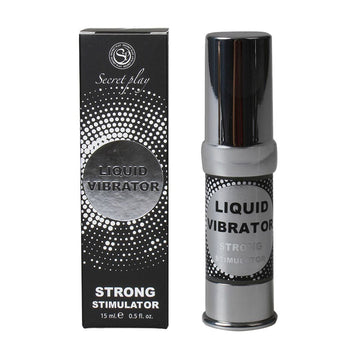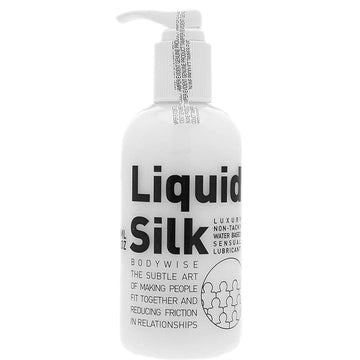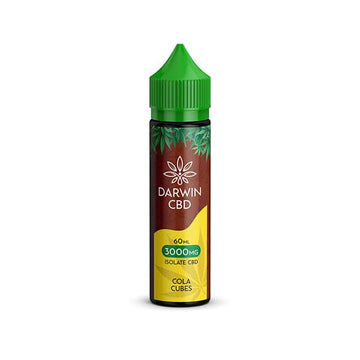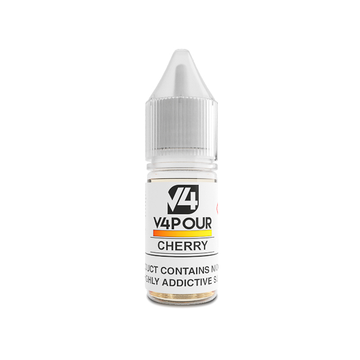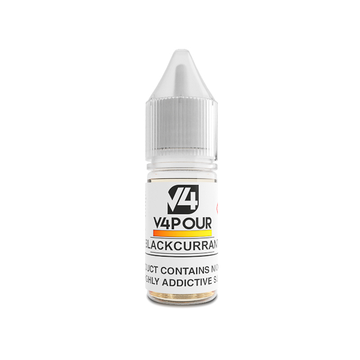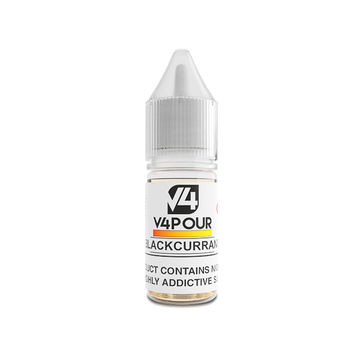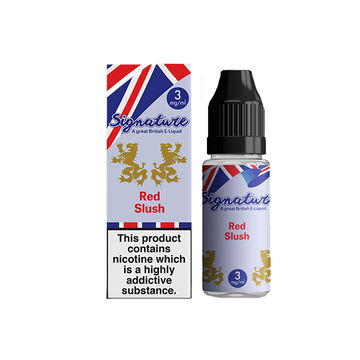Nicotine pouches, also known as snus, are small packets filled with ground tobacco, plant fibers, and other ingredients. They are placed under the upper lip, where they release nicotine and other chemicals that are absorbed through the blood vessels in the mouth. Nicotine pouches are similar to chewing tobacco and moist snuff, but they do not require spitting and are less messy.
Nicotine pouches are often marketed as a safer alternative to smoking because they do not produce smoke or tar. However, there is limited research on the long-term health effects of using nicotine pouches, and they are not risk-free. Some studies have suggested that nicotine pouches may be associated with an increased risk of certain cancers, such as pancreatic cancer, and other health problems.
Nicotine pouches are available in a variety of flavors, such as mint, wintergreen, and fruit, and they can be purchased online or in stores that sell tobacco products. They are popular in Sweden and other countries, but they are not as widely used in the United States.
It is important to note that nicotine is highly addictive and can have harmful effects on the developing brain of a teenager. The U.S. Food and Drug Administration (FDA) has warned against the use of nicotine pouches and other tobacco products by minors.
Are nicotine pouches safe?
There is limited research on the long-term health effects of using nicotine pouches, but they are often marketed as a safer alternative to smoking because they do not produce smoke or tar. However, it is important to note that nicotine is highly addictive and can have harmful effects on the developing brain of a teenager.
Vaping is the act of inhaling and exhaling the vapor produced by an electronic cigarette (e-cigarette) or other device. E-cigarettes are designed to deliver nicotine, flavorings, and other chemicals in the form of an aerosol, which is inhaled into the lungs.
Like nicotine pouches, e-cigarettes are often marketed as a safer alternative to smoking, but there is still much we don't know about their long-term health effects. Some studies have suggested that e-cigarettes may be less harmful than smoking, but they are not risk-free. E-cigarettes can still contain harmful substances, such as diacetyl (a chemical linked to a serious lung disease called "popcorn lung") and other toxic chemicals.
It is important to note that the U.S. Food and Drug Administration (FDA) has not approved e-cigarettes as a safe or effective way to quit smoking. The best way to reduce the risk of tobacco-related diseases is to not start using tobacco products or to quit if you already use them. If you are trying to quit smoking, there are many proven methods that can help, such as nicotine replacement therapy, prescription medications, and counseling. It is always best to talk to a healthcare provider for advice on how to quit smoking.


